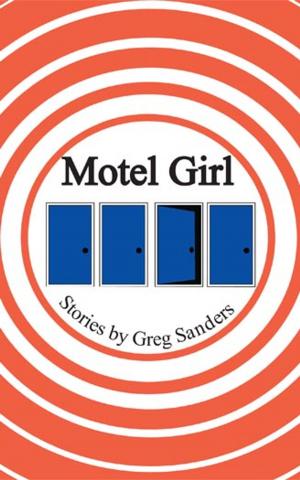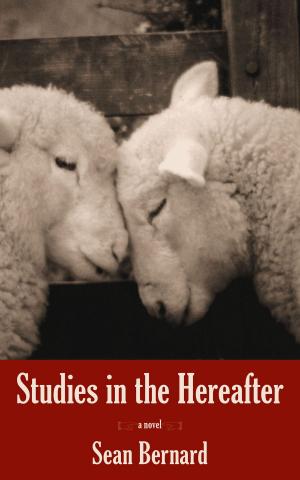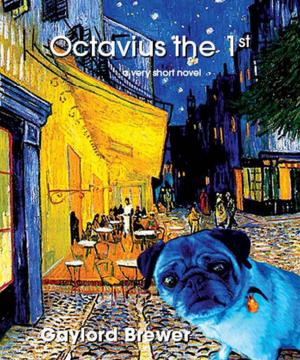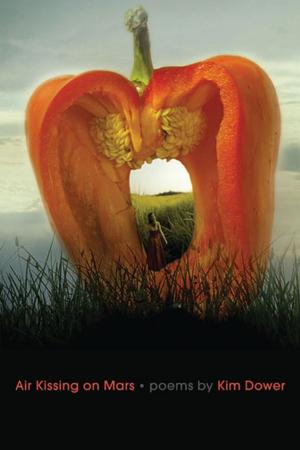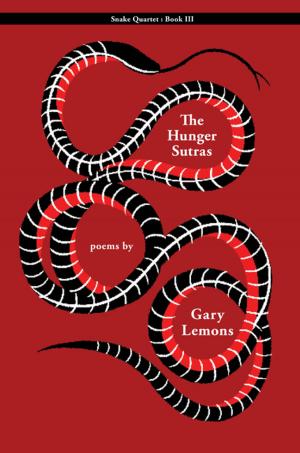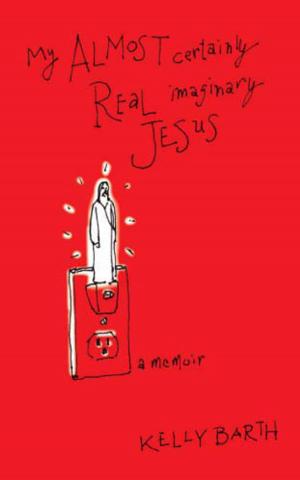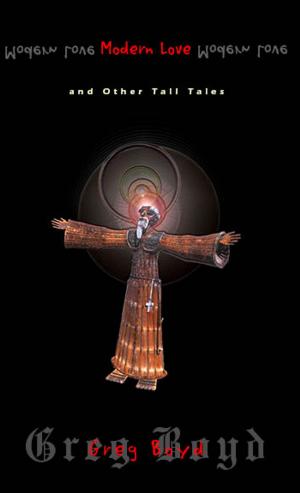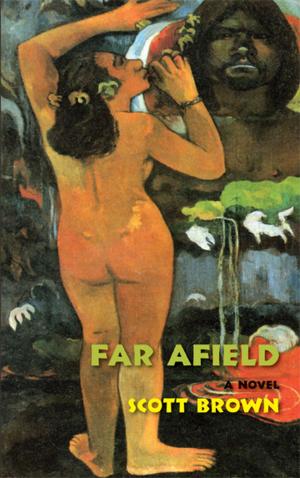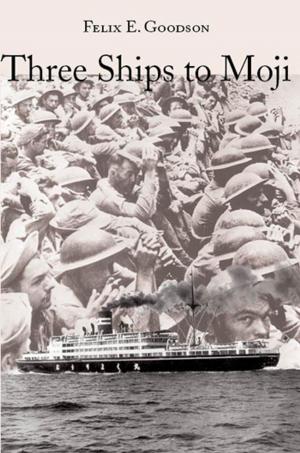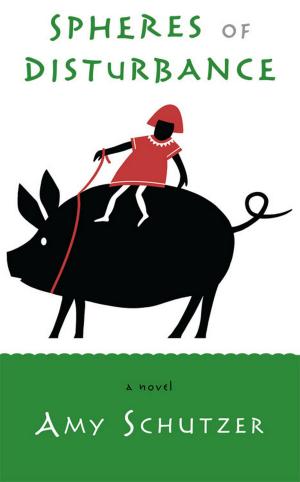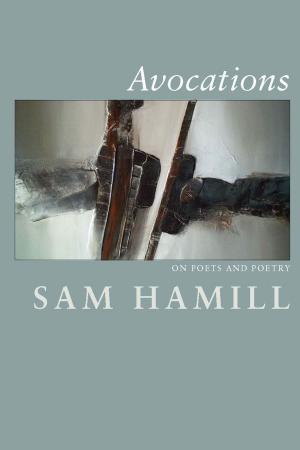| Author: | Dewitt Henry | ISBN: | 9781597091992 |
| Publisher: | Red Hen Press | Publication: | January 1, 2012 |
| Imprint: | Red Hen Press | Language: | English |
| Author: | Dewitt Henry |
| ISBN: | 9781597091992 |
| Publisher: | Red Hen Press |
| Publication: | January 1, 2012 |
| Imprint: | Red Hen Press |
| Language: | English |
In a collage of elegant, linked essays DeWitt Henry captures the pulse of his American generation-- partly offering a portrait of the artist, partly a man’s pilgrimage of learning, growth and discovery through decades of social and cultural change.
Against a background of suburban Philadelphia in the 1950s, and the family secret of his father’s alcoholism, Henry comes of age as the youngest of four children. He rejects his father’s course in managing the family chocolate factory for a third generation, and goes on to college, then to graduate school in the 1960s, becoming a writer and teacher. When Henry marries, and becomes a father himself, he is impacted by the social revolutions of the 1970s, and struggles to avoid his father’s flaws. He leads a literary life in Boston, founds the literary magazine PLOUGHSHARES, teaches writing and literature, and befriends novelist Richard Yates. During 1980s, Henry suffers the deaths of his parents, infertility, rejections of his work, and setbacks in his teaching career. In the 1990s, while his daughter and adopted son are swept up into trials of adolescence and young adulthood, and as his wife grieves the deaths of friends and family, Henry confronts a spiritual abyss similar to his father’s, and learns to surrender to life, to love, to aging and mortality.
The drama of SAFE SUICIDE is the writer’s mid-life quest for psychological and spiritual truth. By turns lyrical, quirky, confessional, and experimental in form, Henry’s essays build into an affirming and generous vision. While addiction, the uses of imagination, a passion for literature, and issues of heart and soul are key motifs, a bungee jump becomes Henry’s central metaphor: “isn’t this life? isn’t this art? We live and trust in our safe suicides.”
In a collage of elegant, linked essays DeWitt Henry captures the pulse of his American generation-- partly offering a portrait of the artist, partly a man’s pilgrimage of learning, growth and discovery through decades of social and cultural change.
Against a background of suburban Philadelphia in the 1950s, and the family secret of his father’s alcoholism, Henry comes of age as the youngest of four children. He rejects his father’s course in managing the family chocolate factory for a third generation, and goes on to college, then to graduate school in the 1960s, becoming a writer and teacher. When Henry marries, and becomes a father himself, he is impacted by the social revolutions of the 1970s, and struggles to avoid his father’s flaws. He leads a literary life in Boston, founds the literary magazine PLOUGHSHARES, teaches writing and literature, and befriends novelist Richard Yates. During 1980s, Henry suffers the deaths of his parents, infertility, rejections of his work, and setbacks in his teaching career. In the 1990s, while his daughter and adopted son are swept up into trials of adolescence and young adulthood, and as his wife grieves the deaths of friends and family, Henry confronts a spiritual abyss similar to his father’s, and learns to surrender to life, to love, to aging and mortality.
The drama of SAFE SUICIDE is the writer’s mid-life quest for psychological and spiritual truth. By turns lyrical, quirky, confessional, and experimental in form, Henry’s essays build into an affirming and generous vision. While addiction, the uses of imagination, a passion for literature, and issues of heart and soul are key motifs, a bungee jump becomes Henry’s central metaphor: “isn’t this life? isn’t this art? We live and trust in our safe suicides.”

